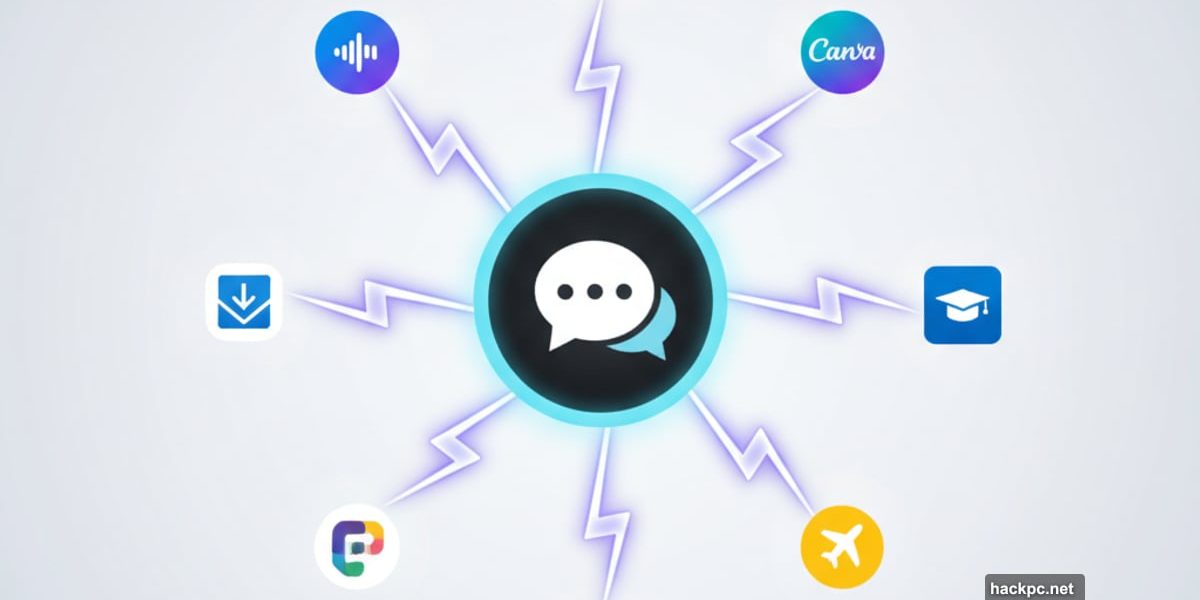
ChatGPT can now control your favorite apps directly. No more copying and pasting between windows. No more switching tabs constantly.
OpenAI quietly rolled out app integrations that let the chatbot access Spotify, Figma, Canva, and more. Plus, it can perform actions on your behalf—like creating playlists or booking hotels—right from the chat window.
Let’s break down how to set this up and what each integration actually does.
Getting Started Takes Two Minutes
First, make sure you’re logged into ChatGPT. Then just type the app name at the start of your prompt. ChatGPT will walk you through connecting your account.
Want to batch everything at once? Head to Settings, then click Apps and Connectors. Browse available apps and sign in to whichever ones you want.
But here’s the catch. Connecting means sharing your app data with ChatGPT. So before you link Spotify, know that ChatGPT can see your playlists and listening history. It uses this info to personalize recommendations. However, some users might not feel comfortable with that level of access.
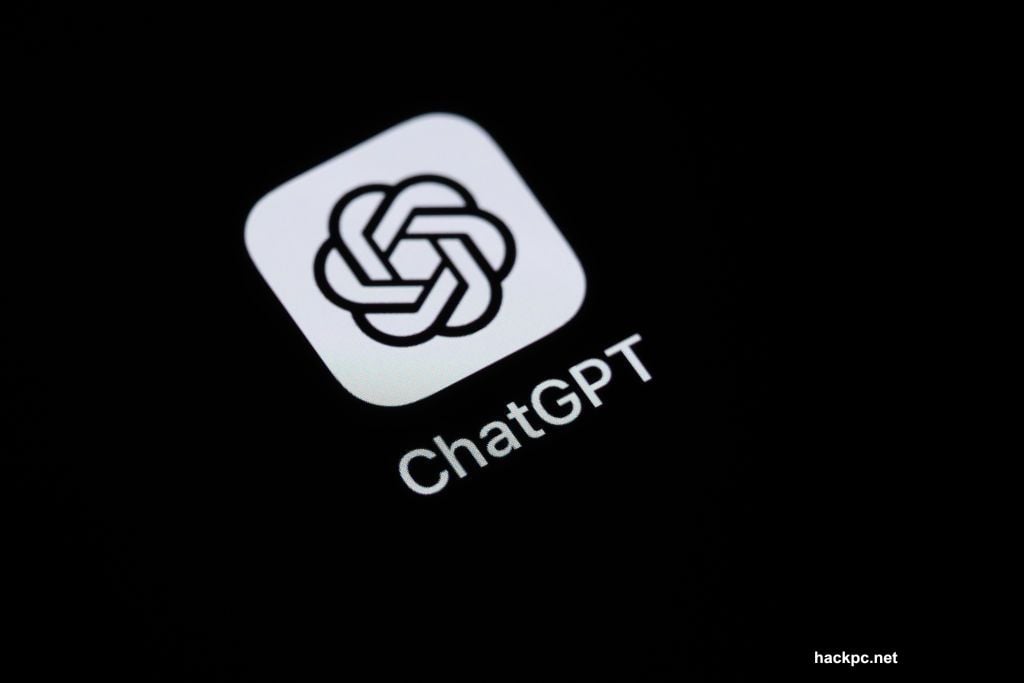
The good news? You can disconnect any app anytime from the Settings menu.
Booking.com Finds Hotels Without the Search Hassle
This integration targets travelers who hate endless hotel searching. Once you link your Booking.com account, ask ChatGPT to find hotels based on your dates, budget, and city.
You can get specific too. Say “near public transport” or “with breakfast included.” ChatGPT aims to make this more intuitive than browsing the Booking.com site directly.
When you find something you like, click through to Booking.com to complete your reservation. ChatGPT handles the search. You handle the booking.
Canva Generates Visual Content Fast
Graphic designers and social media managers will appreciate this one. Canva in ChatGPT helps you generate visual content quickly—whether that’s Instagram posts, posters, or slide decks.
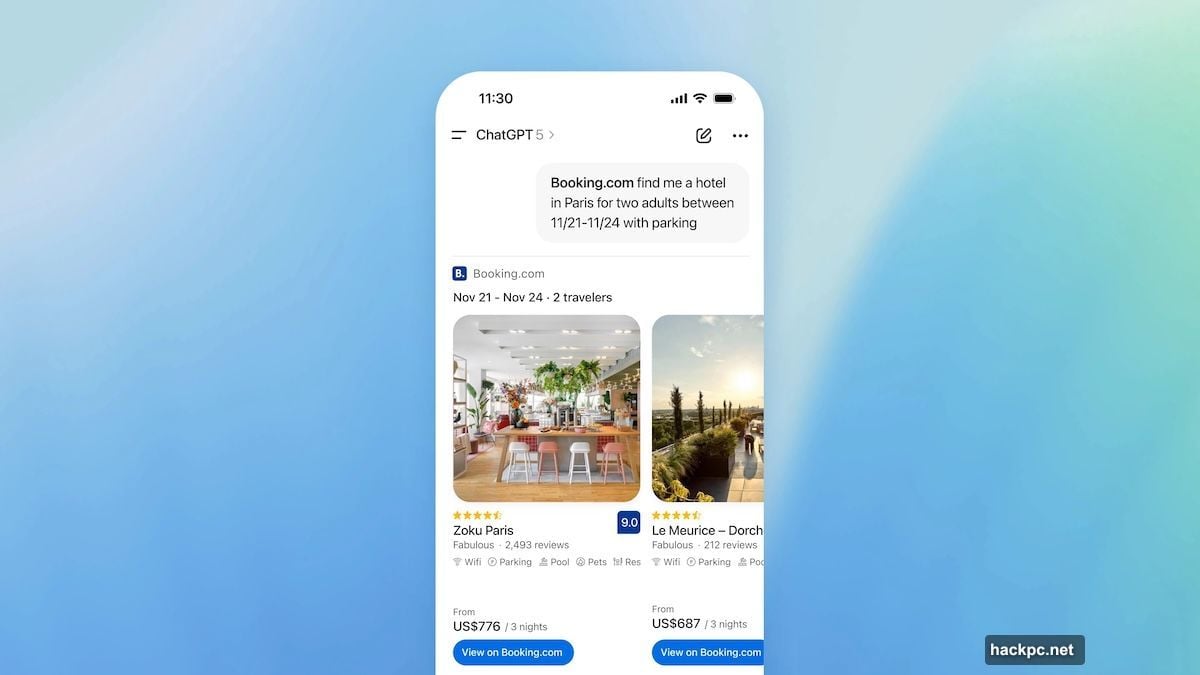
Connect your Canva account, then tell ChatGPT what you need. Something like “a 16:9 slide deck about Q4 roadmap” or “a fun poster for a dog-walking business.”
Include specifics like fonts, color schemes, and exact dimensions. ChatGPT will generate a starting point. Yes, AI-generated designs often have flaws—distorted images or spelling mistakes. But some users prefer this over starting from scratch.
Jump into Canva anytime to refine your design and make it perfect.
Coursera Recommends Online Courses Based on Your Level
Finding the right online course can feel overwhelming. Coursera’s integration simplifies this by matching courses to your skill level.
Ask ChatGPT to find “an intermediate-level course on Python.” It can compare options by rating, duration, and cost before you enroll. Plus, it provides quick summaries of what each course covers.
This beats scrolling through hundreds of course listings manually.
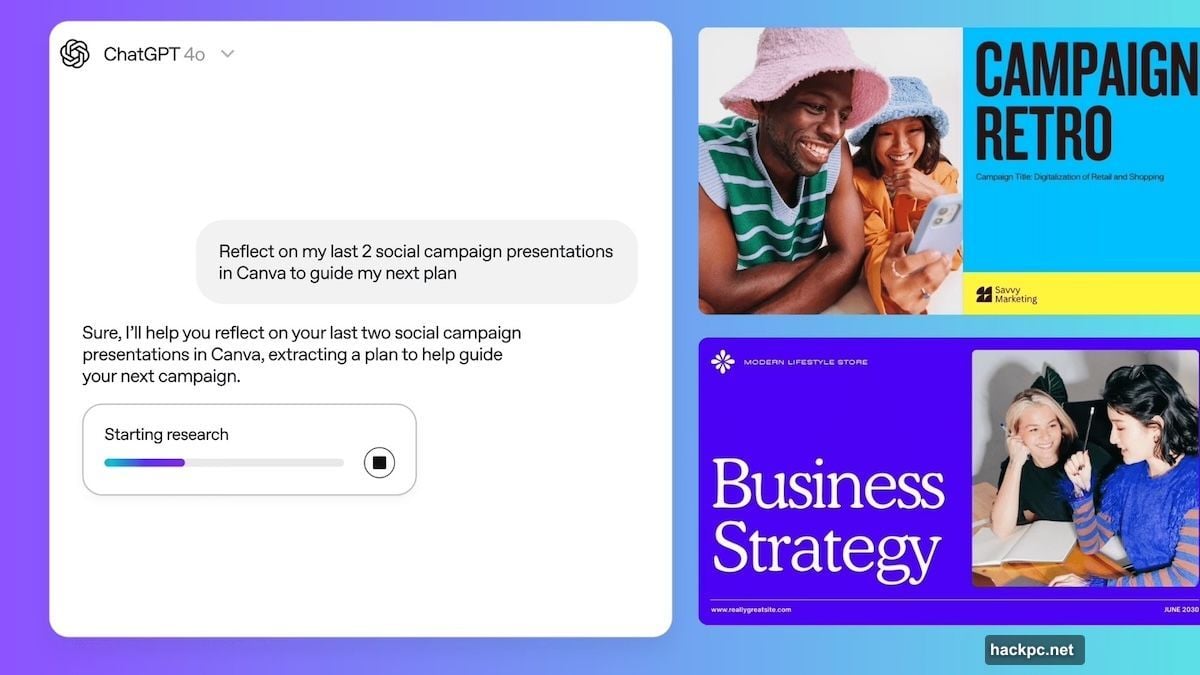
Expedia Searches Flights and Hotels in Chat
ChatGPT displays hotel options and flights via Expedia without leaving the conversation. Whether you’re planning a quick weekend trip or a longer vacation, specify your dates, budget, and traveler count.
Narrow results by saying “Only show 4-star hotels.” When you spot something appealing, go to Expedia to finalize and book.
It’s basically a travel agent that lives in your chat window.
Figma Turns Ideas Into Visual Diagrams
Figma integration helps you generate diagrams, flow charts, and product roadmaps. This works well for brainstorming sessions or visualizing complex workflows.
Upload files and ask ChatGPT to create a product roadmap with milestones, deliverables, and deadlines. Your team stays organized without manually building everything from scratch.
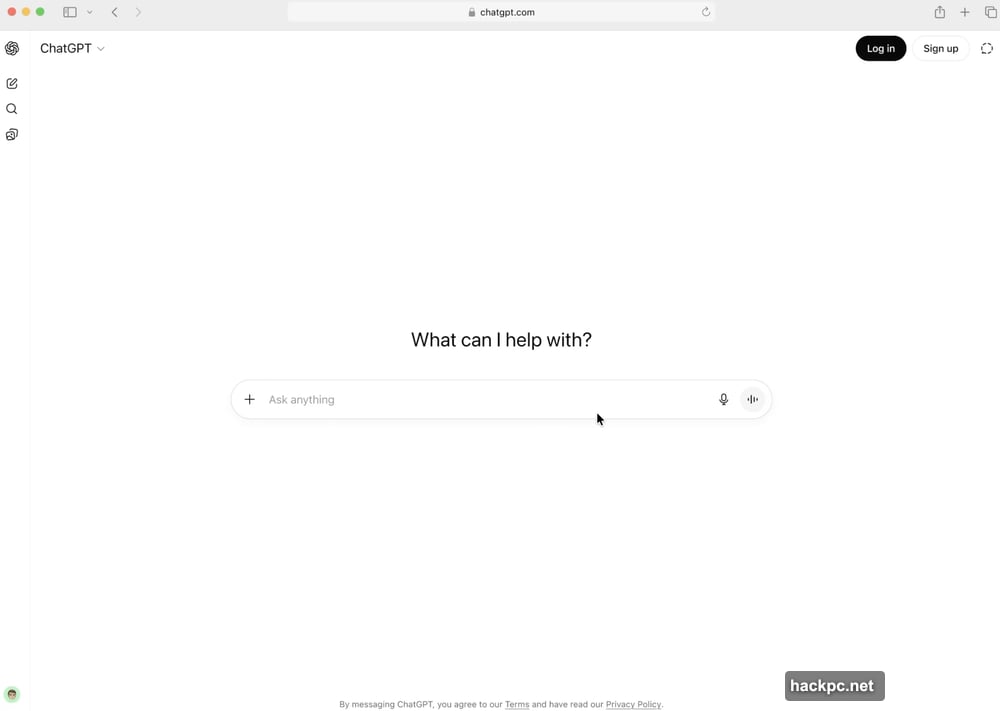
Designers and product managers may find this especially useful for early-stage concept work.
Spotify Creates Custom Playlists and Recommends New Music
This might be the most popular integration. Spotify in ChatGPT lets you create playlists tailored to your mood or preferences in seconds.
Ask for “a playlist with only tracks by my favorite band” or “upbeat songs for working out.” ChatGPT analyzes your listening history to make relevant suggestions.
It can also recommend new artists, audiobooks, and podcast episodes. Plus, ChatGPT can add or remove items from your Spotify library directly.
No more manually curating playlists for hours.
Zillow Makes Home Searching More Efficient
House hunting online usually involves dozens of tabs and saved searches. Zillow in ChatGPT streamlines this by letting you filter results with simple text prompts.
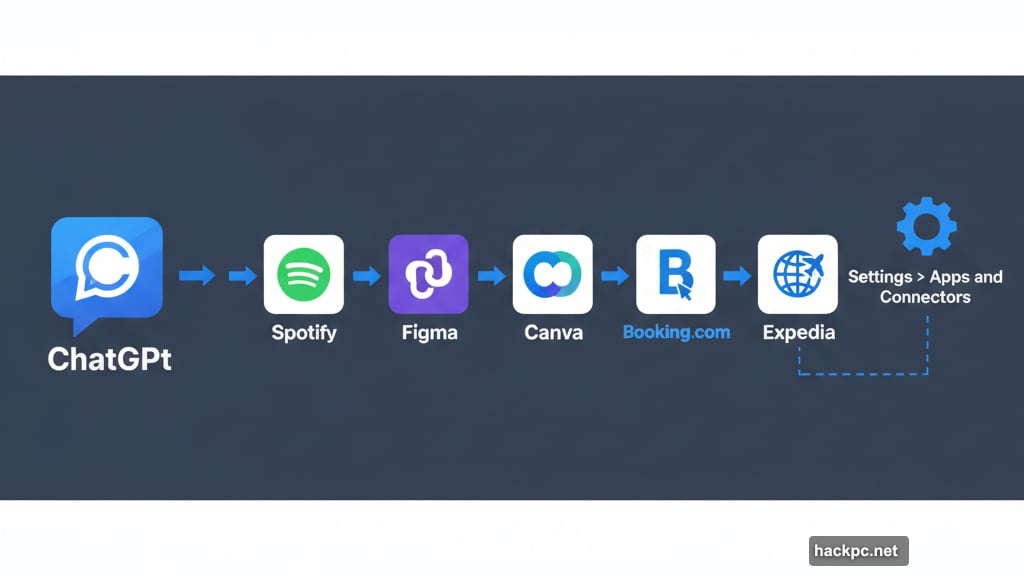
Specify price range, number of bedrooms, and neighborhoods. ChatGPT narrows results to match your criteria. This makes the search process faster and more personalized.
Real estate agents and first-time homebuyers will likely find this helpful.
What’s Coming Next
OpenAI announced plans to add more partners soon. DoorDash, OpenTable, Target, Uber, and Walmart integrations will launch later this year.
Imagine ordering food, booking restaurant reservations, or shopping for groceries without leaving ChatGPT. That’s the direction this feature is heading.
One limitation: These integrations currently only work in the U.S. and Canada. European and U.K. users can’t access them yet.
The Privacy Trade-Off Nobody Talks About
App integrations are convenient. But they require sharing your data with ChatGPT. Your Spotify listening history. Your Canva designs. Your travel searches.
OpenAI says this data helps personalize your experience. But not everyone feels comfortable with that level of access. Before connecting accounts, think about what you’re sharing and whether the convenience is worth it.
You can always disconnect apps later. But once ChatGPT has accessed your data, it’s been accessed. Review permissions carefully when linking accounts.
Should You Connect Everything?
These integrations save time for specific tasks. Creating playlists, finding courses, searching hotels—all faster through ChatGPT. However, they work best when you already know what you want.
If you’re browsing casually or exploring options, sometimes opening the actual app gives you more control. ChatGPT excels at executing specific requests. It’s less useful for open-ended discovery.
Connect the apps you use daily. Skip the ones you rarely touch. And remember you can always add more later as your needs change.
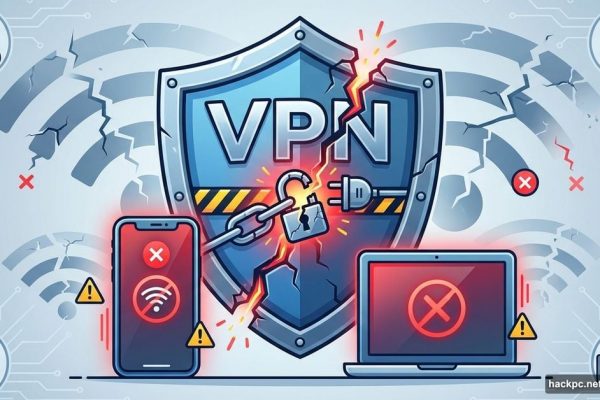


Comments (0)